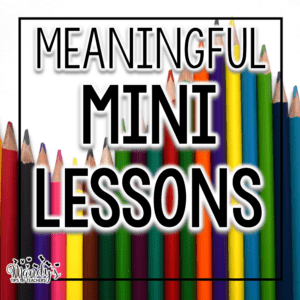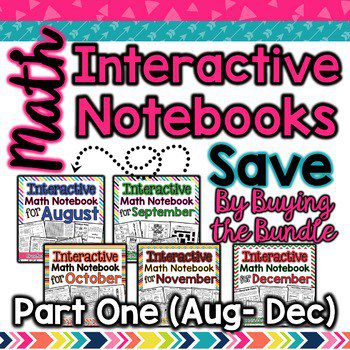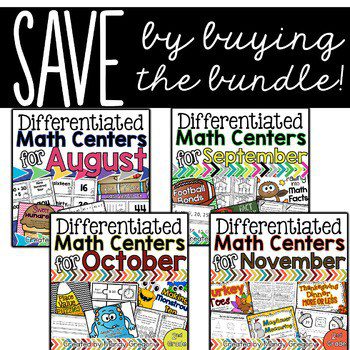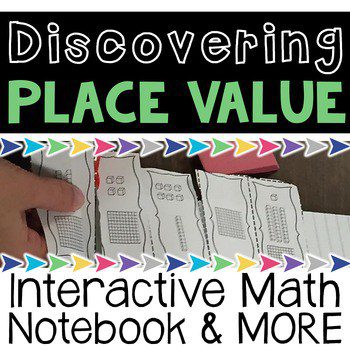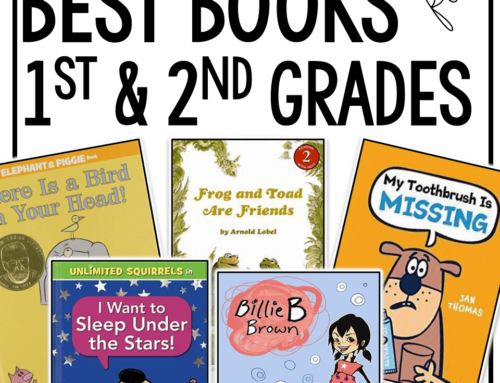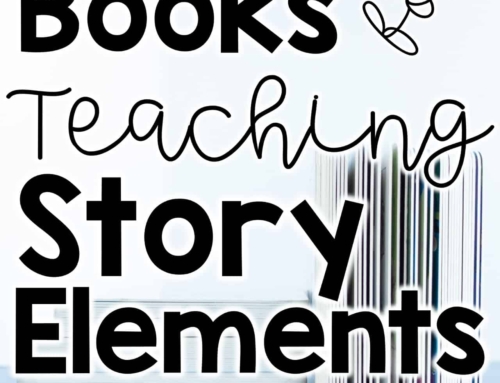In my last post I discussed the “Empty Question Trap.” These are basically questions that don’t have a strong purpose toward meeting the objective. Why are they a big deal? Well, in a mini lesson time is precious. Every minute counts. We all know there are a lot of standards to cover in ANY grade, and teaching time is at a premium. Why waste it on questions that get you, well, nowhere? Let’s talk about ways to fix common problems and get the MOST out of a MINIL LESSON!
Tell Me More About This Gradual Release…
I have actually written another entire blog post with tips about making the math mini lesson meaningful. You can check out that post here.
To get the most out of your mini lesson, keep in mind the gradual release model I discussed that more in detail, with an example, in this blog post.
The gradual release model can be very powerful. However, don’t forget the last step: YOU DO. This is an opportunity for students to practice the skill or strategy independently. Grant Wiggins discusses this downfall of the gradual release model in this article. In my personal experience, I do not feel there is enough time in the mini lesson for this important step. In my classroom, this often happened when students were working independently during reading workshop. Just don’t forget it!
How Can I Make the Most of the Mini Lesson?
You may think this sounds great in theory, but how in the world can you do this in practice without your kids rolling all over the carpet and picking out every.ding.dang.staple in the carpet?
Well, the bottom line is that the lesson needs to be short and sweet. The mini lesson really shouldn’t last more than 15-20 (MAX) minutes. If it is more than that, it isn’t mini at all!
So let’s look at some of the things that can derail a mini lesson.
READING THE TEXT: One difficulty in the reading mini lesson, is the time it takes to simply read the picture book on which the lesson focuses. This is especially difficult in upper grades, where some of the picture books can be pretty long.
EASY FIXES:
- Read the book BEFORE the mini lesson as a read aloud so that students are only using the mini lesson to practice the skill/ strategy with the text.
- Read the book and conduct the mini lesson over the course of a few DAYS instead of just one mini lesson.
- Consider using wordless picture books that can be “read” a bit more quickly as an introduction of skills.
- Reread and use the SAME book/ mentor text for many different mini lessons and skills/ strategies. This way students are very familiar with the text and can focus on the skill/ strategy.
KEEPING THE ATTENTION SPAN: Do you find that your kids have a hard time sitting still for the mini lesson? Then, it just might be too long for the age of your students. A 15 minutes mini lesson in kindergarten isn’t developmentally appropriate. So how can you retain students’ attention?
EASY FIX:
I once heard that the average child’s attention span is + or -2 minutes of their age. For example, that means for the average 8 year, the attention span can be 6 to 10 minutes. Is it true? I have no idea. However, I liked it and thought it was a good rule of thumb. While you do not need to change ACTIVITY every 6 to 10 minutes in the second or third grade classroom (GAH! I can’t even imagine!), consider changing TASK. This means that kids need to change what they are doing- keeping it novel- every 6 to 10 minutes or so.
 How does this apply to the mini lesson? Here are some easy ways to change task and keep attention:
How does this apply to the mini lesson? Here are some easy ways to change task and keep attention:
- Turn and talk to a partner
- Raise your hand to share your idea or partner’s idea
- Come to the easel and write on the anchor chart/ point to a word, etc.
- Encourage whole body responses (“If you think the character is scared, clap your hands. If you think the character is mad, stomp your feet.” This is also a quick and easy formative assessment. 😉
- You back to your desk and record and answer on a post it note, and then return to the easel to sort it on the anchor chart
How do you keep student’s attention and keep your mini lesson meaningful? Any other tips?
Get My Best Sellers!
Join the Fun!
Math Centers
Sign up here for Three FREE Differentiated Math Centers to Practice Place Value within 100 or 1,000.
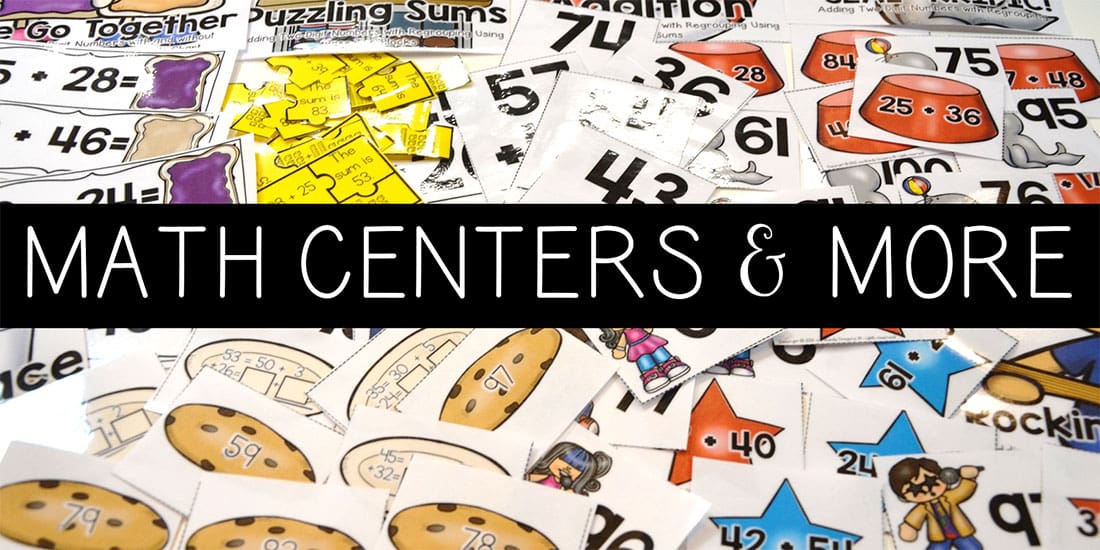
Mandy Gregory is a 2007 and 2012 Teacher of the Year. She has taught Kindergarten- 4th grades in both the general education and inclusion settings. She is currently a 1st grade Special Education teacher. She is the owner and creator of Mandy’s Tips for Teachers website (www.mandystipsforteachers.com) and has over 13 years of teaching experience. She is married with two beautiful children.

